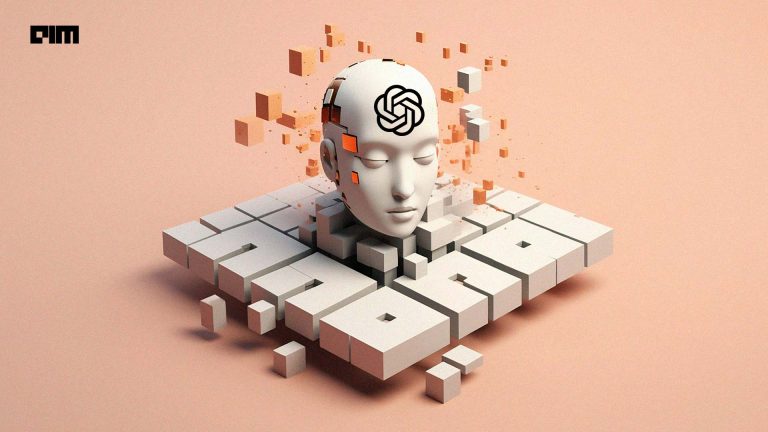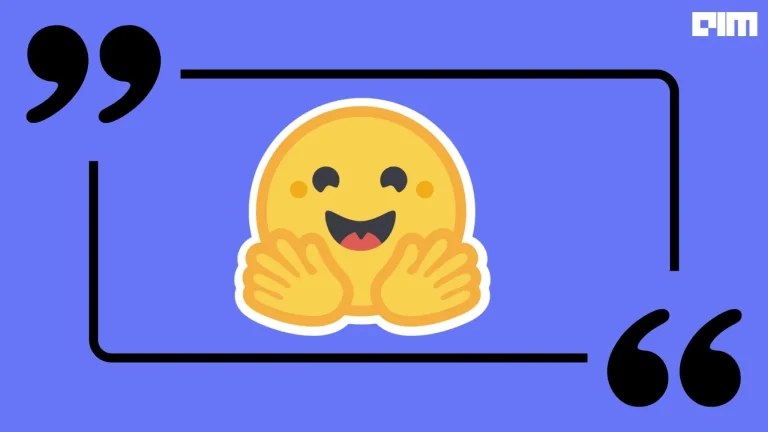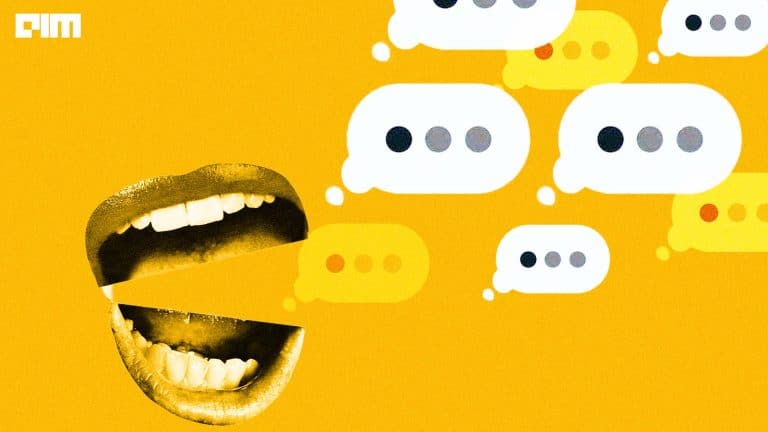|
Listen to this story
|
Writing a book is a complex task which requires months and years of literary labour and moments of genius, but text generating AI tools like OpenAI’s ChatGPT has made it easier for wannabe authors to whip out books in a matter of hours.
According to several reports, Amazon’s self-publishing platform, Kindle Direct Publishing, is increasingly flooded with books generated by AI. This has become a matter of concern for authors and people from the literary eco system who are concerned about the quality and originality of these books.
There were over 200 e-books in Amazon’s Kindle store listing ChatGPT as an author or co-author, as of mid-February, with the number rising daily, according to Reuters. There are books ranging from fantasy fiction to self-help and non-fiction with Titles such as ‘ChatGPT smarter than humans?’, ‘Make more money with ChatGPT.
However, many authors feel no duty to disclose in the Kindle store that their book was written entirely by a computer, in part because Amazon’s policies do not require it, making it nearly impossible to get a full account of how many e-books may be written by AI.
Amazon’s Kindle Direct Publishing which launched in 2007, makes it easy for authors to self-publish and market their books without the need for literary agents or publishers. Amazon’s entry into the book market in 1995 brought significant changes to the publishing industry, including the explosion of self-publishing and the decline of physical bookstores. But the advent of Generative AI chatbots could very well cost the giant its reputation with the ardent readers, who might ditch it for actual books by real authors.
You might say that Amazon’s journey into ecommerce started with books, but AI generated books might be the end of kindle or its monopoly, unless its regulated or at the very least recognised as a different category altogether.
Experts like Mary Rasenberger, executive director of writers’ group the Authors Guild, also warns that the influx of books created using AI could flood the market and result in a lot of low-quality books. There needs to be transparency from the authors and the platforms about how these books are created or you’re going to end up with a lot of low-quality books, she opines.
Although Amazon’s quarter four results indicated marginal increase in earning from subscription based services including Kindle.
Amazon’s Kindle Dwindles
Amazon is a major force in self-publishing, releasing over 1.4 million self-published books through its Kindle Direct Publishing each year, with self-published books accounting for 31% of Amazon’s ebook sales.
Amazon’s KDP has spawned a cottage industry of self-published novelists, carving out particular niches for enthusiasts of erotic content and self-help books. Authors can publish their works instantly on the platform without any oversight,
This has attracted new authors, such as Kamil Banc, who works primarily in online fragrance sales. Banc challenged himself to write and publish a book in less than a day, using AI tools like ChatGPT to generate prompts and create illustrations. The result was a 27-page illustrated book called “Bedtime Stories: Short and Sweet, For a Good Night’s Sleep,” which Banc published on Amazon. He said it took him about four hours to create.
Experts suggest that such AI-written content is the tip of a fast-growing iceberg. As new language software allows anyone to rapidly generate reams of prose on almost any topic, human authorship of online material is on track to become the exception rather than the norm. This could lead to more hyper-specific and personalised articles, but also more misinformation and manipulation about politics, products, and more.
Critics also worry that the technology will upend the staid book industry as would-be novelists and self-help gurus looking to make a quick buck are turning to the software to help create bot-made e-books and publish them through Amazon’s Kindle Direct Publishing arm. Ghostwriting has a long tradition, but the ability to automate through AI could turn book writing from a craft into a commodity, they express.
Reuters also noted that some of the books were found to be plagiarised, while others contained errors and inconsistencies, suggesting that they were not properly edited or reviewed by human editors. Critics argue that the ease with which AI-generated books can be published on Amazon is diluting the value of books and potentially deceiving readers who may assume that they are purchasing a book written by a human author. They also highlight the importance of quality control and editorial oversight in ensuring that readers are not deceived or disappointed by the content they purchase.
AIM Findings
AIM noticed that a peculiar author on Amazon who goes by, ‘Joseph Floyd’, has a Bachelor’s degree in Computer Science from the University of Texas at Austin and is a visionary entrepreneur and AI enthusiast has authored 2 books titled “The ChatGPT-4 Millionaire” and “CHAT GPT BOOK FOR BEGINNERS: Getting Started with ChatGPT-4, Make Money Online with AI and Earn Passive Income Now”. While “CHAT GPT BOOK FOR BEGINNERS” is ranked 50,377 in Kindle Store, “The ChatGPT-4 Millionaire” is on 343,458 in Kindle Store. Not surprisingly, both the books also have five star ratings by 340 and 98 users respectively. We started getting suspicious when we looked Joseph up online, and found literally nothing — no trace.
In another instance, Chris Cowell, a software developer based in Portland, Oregon, wrote a book called “Automating DevOps with GitLab CI/CD Pipelines.” Just a few weeks before it was released, another book with the same title, on the same subject, appeared on Amazon, reported The Washington Post. The book was written by someone named Marie Karpos, whom Cowell had never heard of before. The publisher of Karpos’s book, a Mumbai based education technology firm called inKstall, lists dozens of books on similar technical topics, each with a different author, an unusual set of disclaimers, and matching five-star reviews from the same handful of India-based reviewers.
Will You Read A AI Written Book?
As AI writes more and more of what we read, vast, unvetted pools of online data may not be grounded in reality. According to Margaret Mitchell, chief ethics scientist at Hugging Face, “The main issue is losing track of what truth is… Without grounding, the system can make stuff up. And if it’s that same made-up thing all over the world, how do you trace it back to what reality is?”
The use of AI chatbots, also raises questions whether AI-generated content can be copyrighted and who owns the content it generates. According to the Copyright, Designs and Patents Act 1988, computer-generated works can be copyrighted if they are “generated by computer in circumstances such that there is no human author of the work.” However, determining the original sources of answers generated by AI chatbots can be difficult, and they may include copyrighted works.
The issue is further complicated by the fact that it is currently legal for AI developers to pursue text and data mining (TDM) for non-commercial purposes, but it is up to users to ensure that their use of content does not violate any laws.
In India, the Parliamentary Standing Committee recommended reviewing the Copyright Act to expand the scope of authorship in AI-generated works. In summary, a comprehensive reform is necessary before AI can be granted copyright ownership, covering all aspects and appreciating the spirit of copyright law.
Conclusively, the emergence of ChatGPT has caused a paradigm shift in the book industry, enabling individuals to create books in just a few hours with the help of AI. But it takes away from the joy of reading a well curated masterpiece which has been pieced together with careful rumination.



















































































